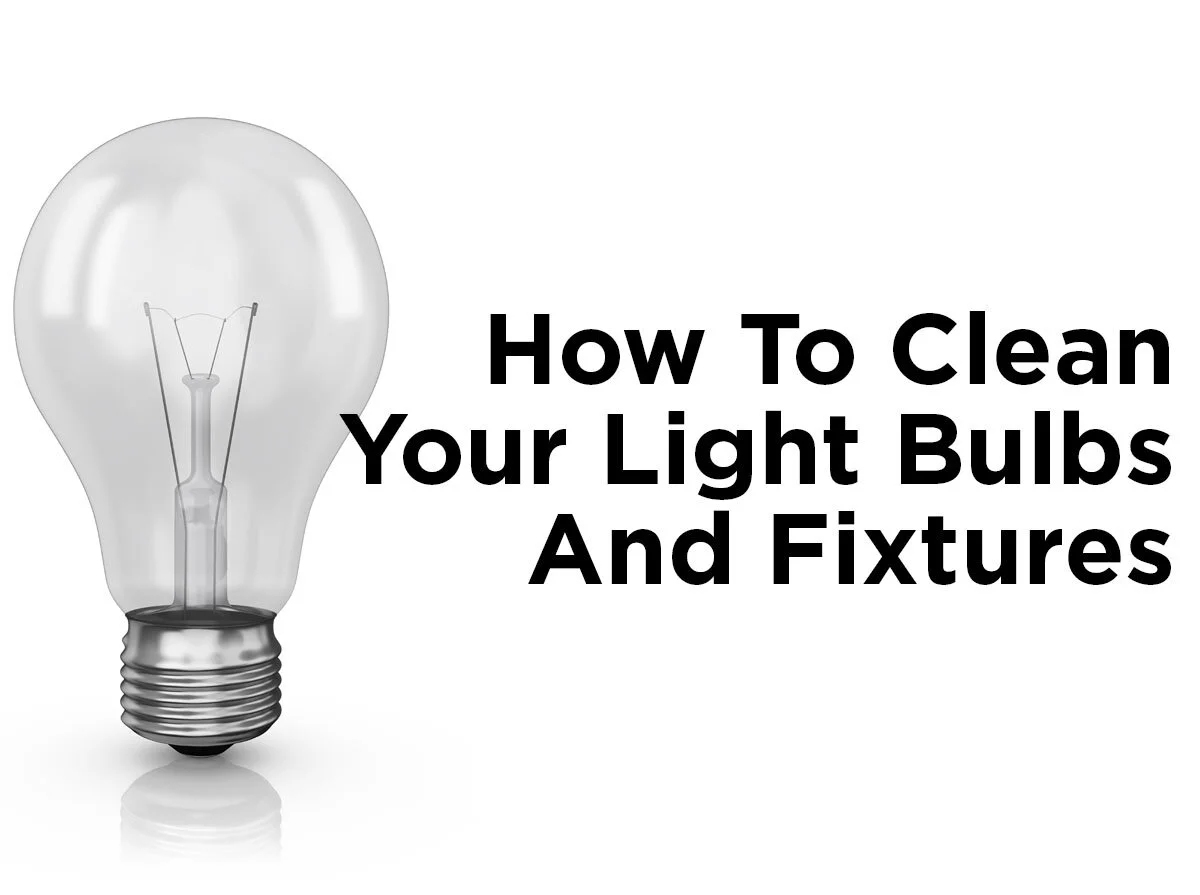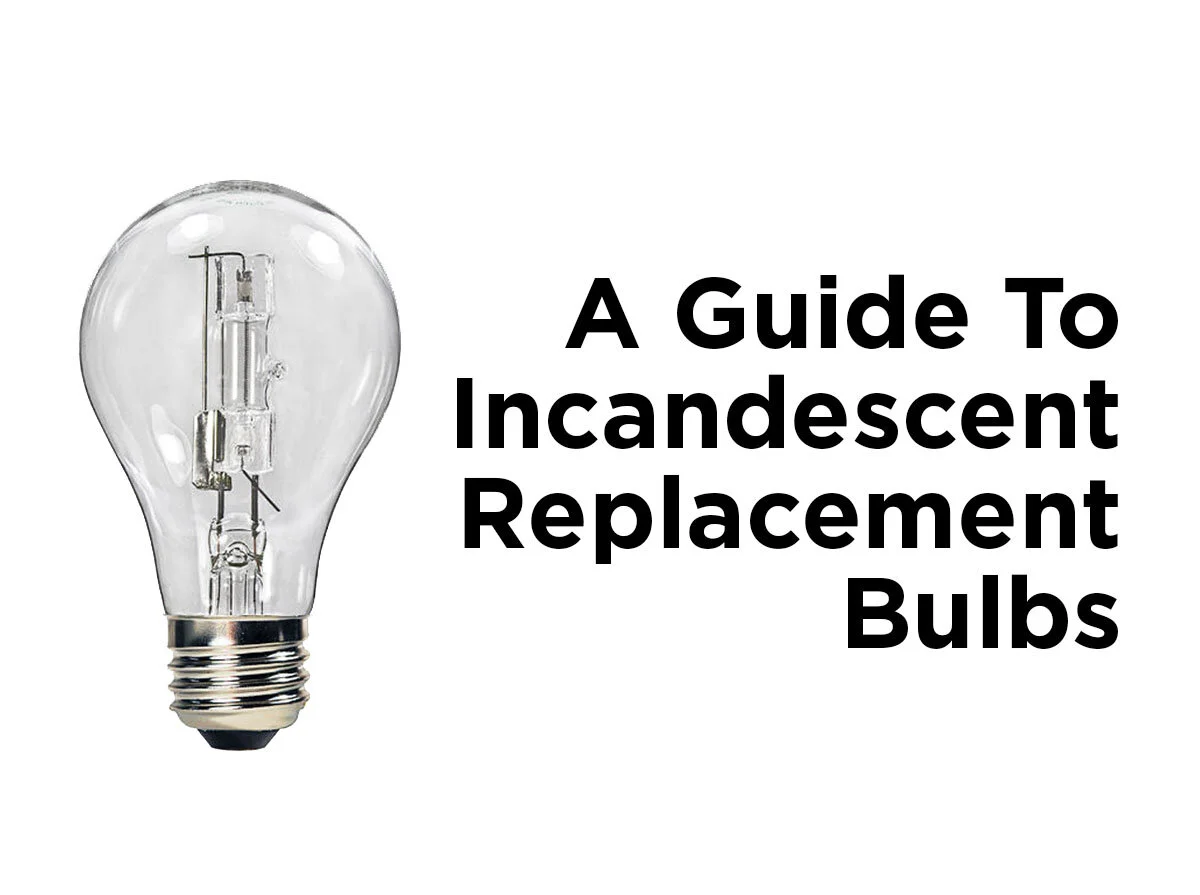How to Recycle Old or Broken Light Bulbs
Most light bulbs are made from glass, and glass is one of the most easily recycled materials on the planet. So recycling light bulbs should be an easy and effective way to top off going green when you upgrade to more energy efficient light bulbs, right? Not quite. Each type of bulb is different and requires different considerations for disposal. So let’s take a look at how to properly recycle your old or broken bulbs.
Incandescent & Halogen Light bulbs
Pure glass items like bottles are easily recycled, but incandescent bulbs and halogens contain metals that make them much harder to recycle. Unfortunately, this means that most cities do not recycle old light bulbs. The lack of toxic and heavy metals in the bulbs means you can just throw them away. If you do, be sure to wrap the bulbs or keep them in a small box to protect sanitation workers from broken glass. Don’t forget that while your city may not recycle the bulbs, you can always upcycle old incandescents or halogens in any number of ways.
Fluorescent & HID Light Bulbs
Fluorescent lamps, whether they’re compact fluorescent lamps (CFLs) or the regular tube lamps, contain mercury. As we’ve written about before, the hazards are small but disposal of fluorescent lamps (especially broken lamps) requires caution. Many HID lamps also use mercury and require a special recycling process for hazardous materials. So both fluorescent lamps and HID lamps need to be taken to proper hazardous material centers for disposal.
LED Light Bulbs
LEDs are made without a filament, and often without glass. There aren’t any hazardous materials either. While you could just throw them away, you should find a place to recycle them. The electronics in LEDs break down slowly and will eventually be as much of a problem for landfills as regular consumer products are today. Additionally, old and rusting electronics can be hazardous to people and the environment. Many of the materials inside an LED are recyclable and contain precious metals that can be salvaged and reused for newer, more efficient electronics. Check the packaging for your LED (if you still have it after all that time) to see if it’s recyclable and speak with local centers to verify that they accept LED lamps before just throwing these in a landfill.
Bonus Round Up: Batteries & Holiday Lights
There are several states with special recycling programs for holiday lights. Most of the time, the wire in holiday lights can be reused (copper is expensive and one of the best conductors for electronics) and many lights have a simple fault or no problem at all and can be upcycled for someone else to use. Just do a simple online search to see if your state has a program or check with stores like Home Depot, since many of them have holiday light recycling programs.
Batteries are a bit different. Even home appliance batteries – alkaline batteries like AA or AAA batteries—contain materials that are hazardous when they leak out over time. While some people claim it’s safe to simply throw away alkaline batteries, they do contain contaminants (and many are recyclable). Hazardous waste centers are one of the best options for disposal, especially for sealed lead acid batteries. Many of the places you purchase batteries also collect them. Car batteries can often be recycled or disposed of at car part retailers, while major electronics and computer part stores will take and recycle lithium ion batteries (typically found in consumer electronics and laptops). For old cellphone batteries, most phone stores will take your old battery when you purchase a new one.
Remember, each type can be recycled in some way but many, specifically fluorescent and HID lamps, contain hazardous materials that need proper care and disposal. Anything with heavy metal elements like mercury or cadmium (which is found in cell phone batteries) should be taken to a hazardous waste center or turned in at a retail store that has a disposal program.
As we move towards a greener society we should always be looking for new and better ways to help out and spread the word. If you know something we’ve missed (or have a great upcycle project going on) we’d love to hear about it in the comments below or send us a message through Facebook, Twitter, LinkedIn, or Pinterest!






![Energy-Saving Light Bulbs [Video]](https://images.squarespace-cdn.com/content/v1/56feae0ab6aa60ebb6039bf3/1614622785582-68NXF624BFJA1ZTG1USL/Energy-Saving+Light+Bulbs.jpg)

